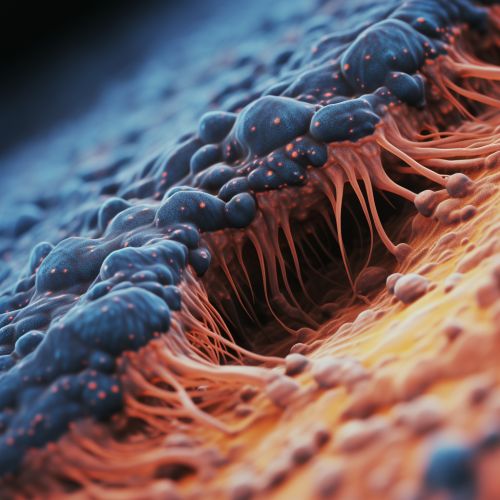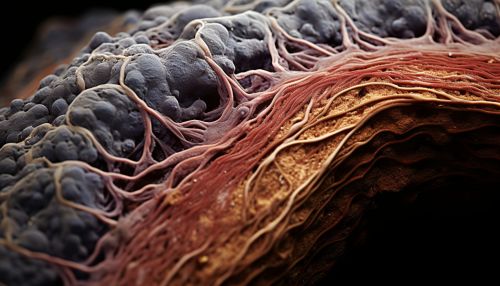Lynch Syndrome
Overview
Lynch syndrome, also known as hereditary nonpolyposis colorectal cancer (HNPCC), is an inherited disorder that increases the risk of many types of cancer, particularly cancers of the colon and rectum. It is named after Dr. Henry T. Lynch, who first described the syndrome in the 1960s.


Genetics
Lynch syndrome is a type of inherited cancer syndrome associated with a genetic predisposition to different cancer types. This means that individuals who have Lynch syndrome have inherited mutations in their DNA that predispose them to cancer development. These mutations are most commonly found in the MLH1, MSH2, MSH6, PMS2, and EPCAM genes, which are involved in the repair of DNA damage. When these genes are functioning normally, they help to prevent cells from becoming cancerous. However, when a person has Lynch syndrome, these genes are not working properly, and as a result, DNA damage can accumulate, leading to uncontrolled cell growth and potentially cancer.
Diagnosis
Diagnosis of Lynch syndrome can be complex, as the syndrome can present with a variety of symptoms and can affect different individuals in different ways. However, there are several key factors that healthcare providers may consider when diagnosing Lynch syndrome. These include a personal or family history of colon cancer or other Lynch syndrome-associated cancers, the age at which these cancers were diagnosed, and the results of genetic testing.
Management and Treatment
There is currently no cure for Lynch syndrome, but there are several strategies that can be used to manage the condition and reduce the risk of cancer development. These include regular surveillance for cancer, the use of certain medications, and in some cases, surgery to remove at-risk tissue.
Prognosis
The prognosis for individuals with Lynch syndrome varies greatly and depends on many factors, including the specific genetic mutation that the individual has, the types of cancer they develop, and how early these cancers are detected and treated.
